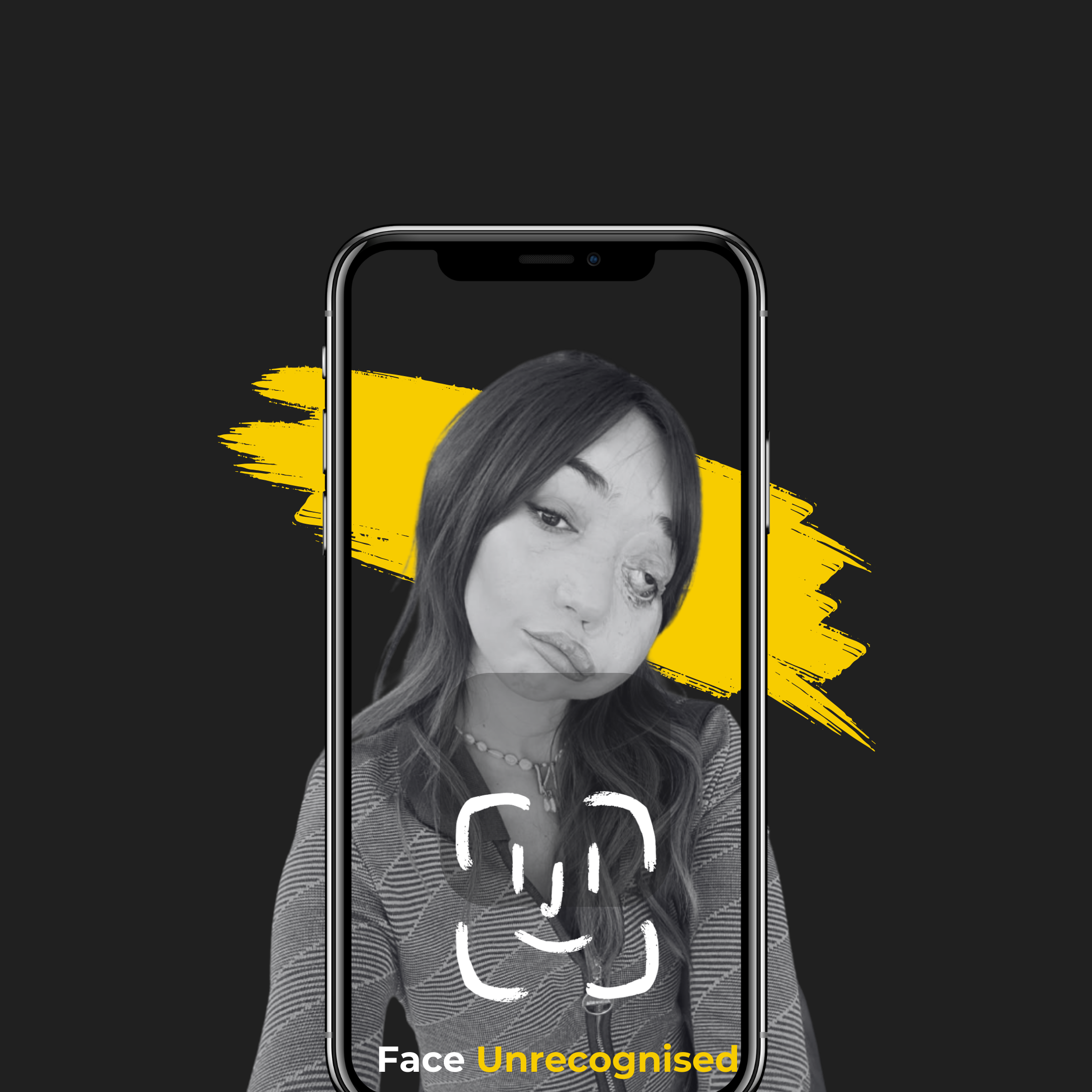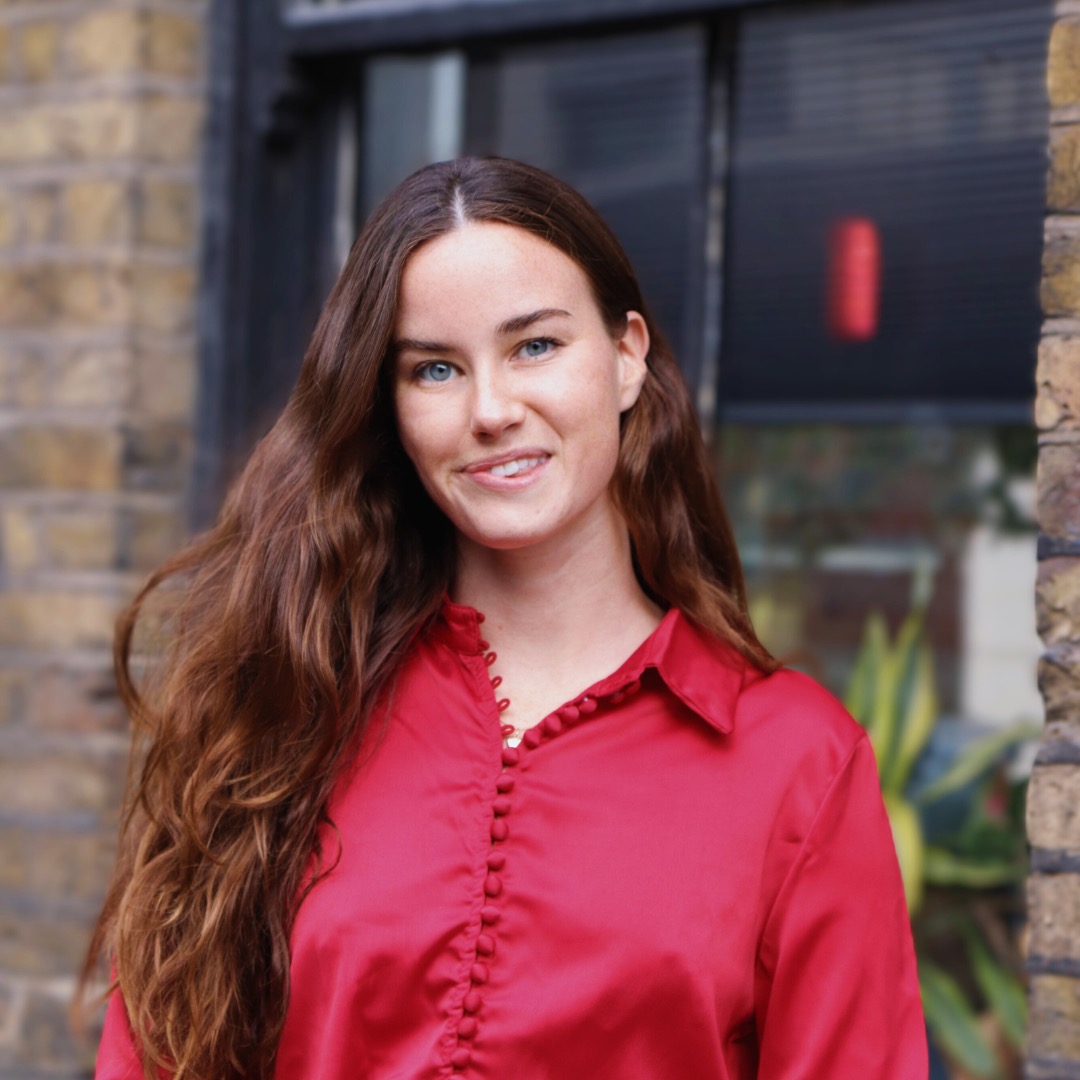The role of attributions, shame, and self-compassion on the mental health of those with facial differences:
Here’s how you can get involved
Hi my name is Joel, I am 21 years old and I was born with a congenital facial palsy. I have had facial reanimation surgery to try to improve the movement in the left side of my face. This has involved a number of surgeries, with a nerve being taken from my foot and a muscle from my chest, being transferred to my face. These operations were by no means pleasant and one lead to further complications that almost ended my life. I think having had these operations may have reinforced the belief that something was ‘wrong’ with me.
I have had a varied experiences with my facial difference throughout my life. My primary school was very inclusive and encouraged everyone to be friends with each other. However, moving to a much bigger secondary school meant a lot more unwanted attention. I distinctly remember feeling as if hordes of people were starring and pointing at me as I walked through the playground. One of my teachers always spoke to me in a slower patronising voice, wrongly perceiving my face had some bearing on my intelligence. I also remember being called wavy mouth, though this changed once I had my operations as my enlarged cheek was now the focal point of my difference. However, looking back on it now I think I was lucky as I learned to compensate by building my social skills. I learned to engage with others who felt awkward around me and those who were simply curious about my face.
I think my main struggle was with my self-worth, as I always felt as if I was somehow not as good as everyone else was. This is something I have only recently got over, as I have stopped attaching so much meaning to the way I look and realising that it does not define me. I am not flawed because of it, in fact it makes me more unique. Getting this chip off my shoulder has helped me to build more friendships at university. It has also led me to be in my first long-term relationship, something that would have seemed impossible a year ago.
My facial difference and my experiences with it have made me very curious about social interactions, specifically other people’s behaviour in regards to my difference. This interest led me to study psychology at degree level and then continued it at masters level. I am currently conducting research on facial difference and mental health. I want to draw more attention to the day-to-day interactions people with facial differences are confronted with. I also want to investigate the way we interpret these interactions, especially the negative ones, and how this may impact mental health. My intention for this study is to further investigate why some individuals struggle more than others even when condition type and severity is taken into account. This knowledge may aid clinicians developing therapeutic programs for those with facial differences. Thus, I hope it brings equality by improving psychological help for individuals like us.
I am really enjoying my research so far, it has been great connecting with the enthusiastic people who run facial difference charities and experts in this field of research. I have also loved getting in contact with other people with all kinds of facial differences. What has really stood out for me is though we all have different experiences and conditions, we all have a very positive community spirit and empathy for each other. For anyone interested in participating, information about my study and a link to it is listed below:
Study Name:
The role of attributions, shame, and self-compassion on the mental health of individuals with facial differences.
Description:
My study investigates whether the mental health of those with facial differences is affected by the way they interpret the negative the reactions of others. This study will also investigate whether shame and self-compassion plays a role in this interaction. You will be invited to complete a questionnaire with some demographic and appearance questions. This will be followed by questions about self-compassion, mental health, and shame. This study is completed online at a time and place of your convenience.
Eligibility:
To take part you need to be aged 18 or over and have any form of facial difference (for example; facial palsies, cleft lip and palate, skin conditions that affect the face, birthmarks, burns, acquired disfigurements, scarring from accidents, craniofacial disorders, disfigurement from head and neck cancer).
Duration:
15 minutes.
Researchers:
Joel Moxey, joel.moxey@student.anglia.ac.uk, Dr Debora Vasconcelos e Sa, debora.sa@anglia.ac.uk.
Link to the study:
https://aruspsych.eu.qualtrics.com/jfe/form/SV_2mKEMNLvvnkVwTX
The study has received ethics approval by the School Research Ethics Panel (SREP) and ratified by the Faculty Research Ethics Panel under the terms of Anglia Ruskin University’s Policy and Code of Practice for the Conduct of Research with Human Participants.
Tags: Blog, Corona Virus, Face Equality, Founder, Story Posted by


